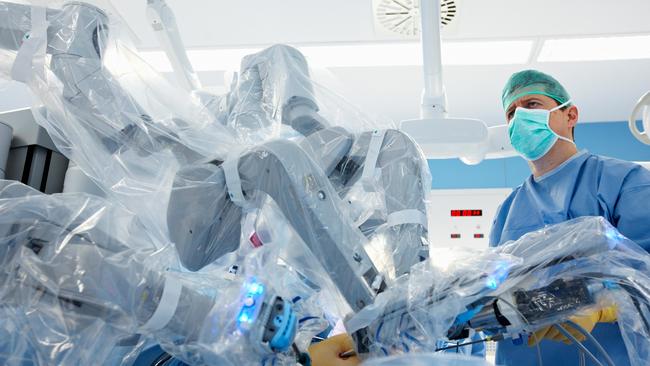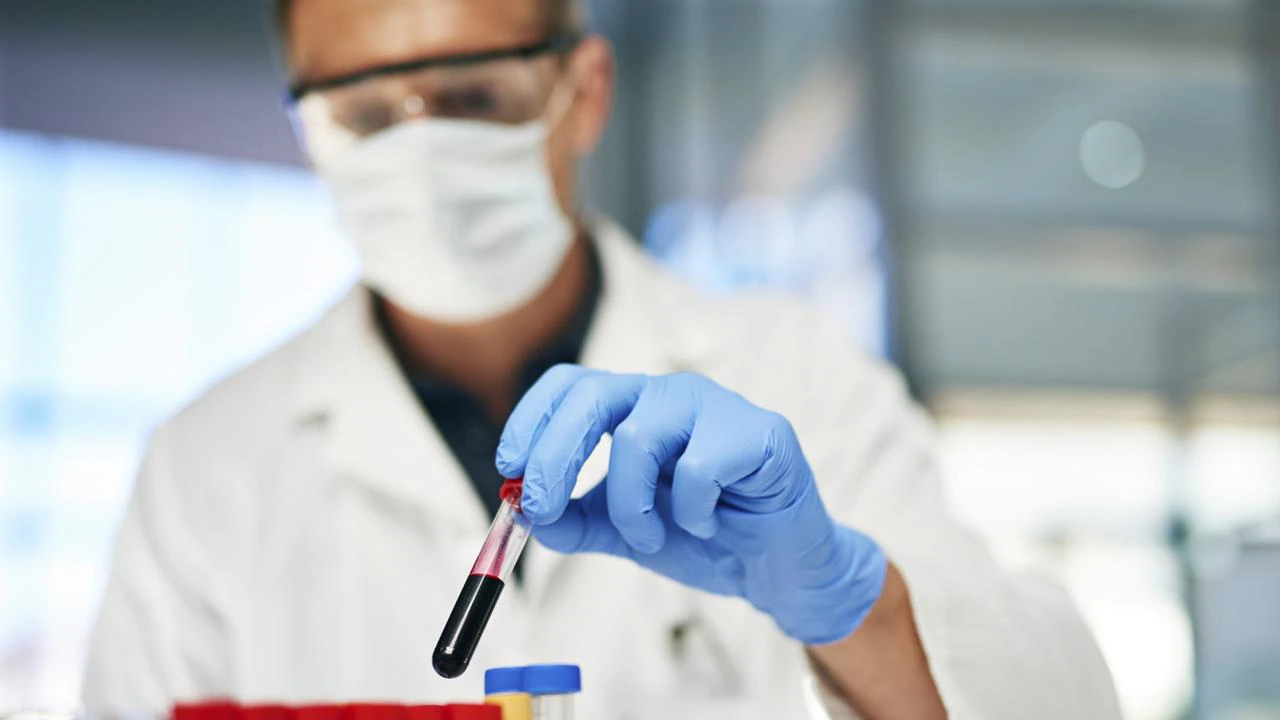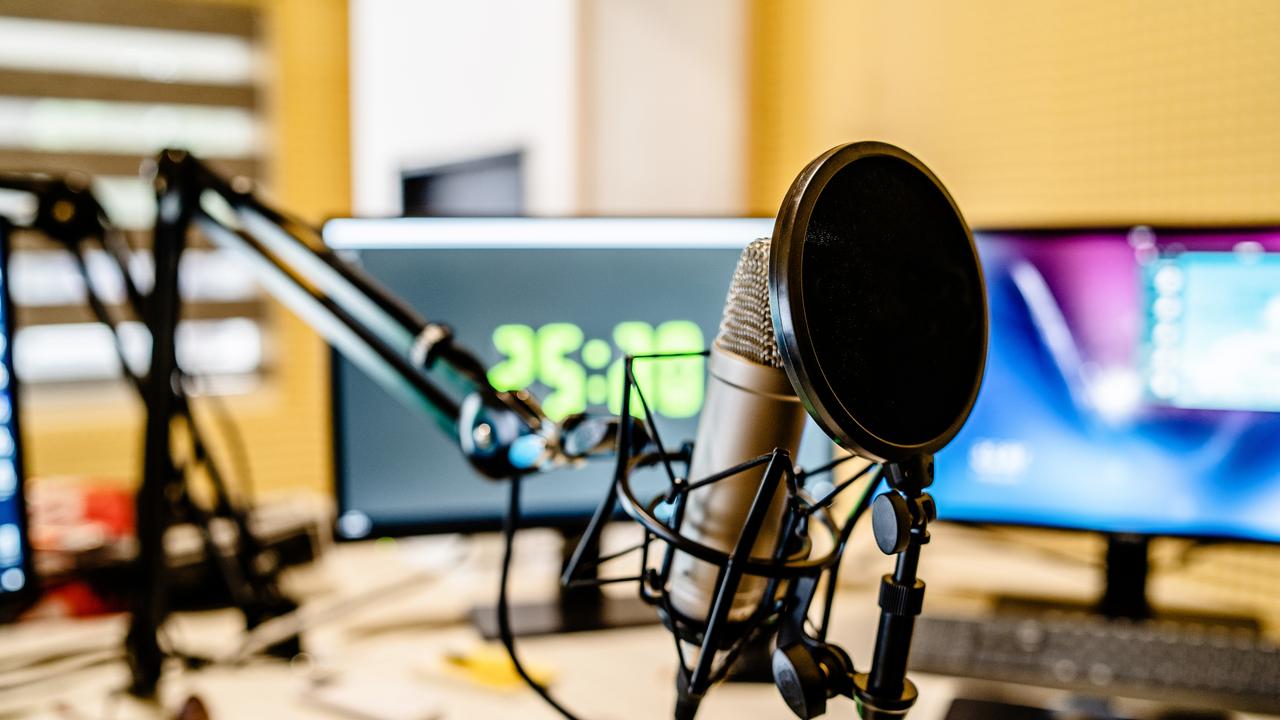
The Carlyle Group and CVC Capital are shaping up as the frontrunners to buy the $1bn-plus Device Technologies, shortly to be put up for sale by Navis Capital.
Market sources suggest US-based buyout fund Carlyle is particularly keen on the opportunity and is the party to beat in the contest, while European fund CVC has been seen more frequently in Australian auctions in the past year.
Navis Capital has bankers at Jefferies and Morgan Stanley preparing documents for the sale of Device Technologies and is expected to come to market within weeks.
Navis purchased Device Technologies for just over $700m from Pemba Capital and its founders in 2018 when it was earning about $70m annually, but the asking price now is expected to be more than $1bn.
Device Technologies generates profits by securing Australian distribution rights for products from overseas companies for at least 10 years, and getting them on the Australian Register of Therapeutic Goods.
It operates in Australia, New Zealand and Asia in the areas of robotics, orthopaedics, critical care, microsurgical robotics and cardiothoracic surgery.
Carlyle’s Australia and New Zealand operations are headed by Geoff Hutchinson, the former co-head of Morrison for ANZ and a former Pacific Equity Partners managing director.
Carlyle has been busy in Australia, buying Waste Services Group in Australia for $1.2bn late last year while fending off competition from Pacific Equity Partners and EQT.
Carlyle owns ophthalmic medical device company AcuFocus based in the US and pharmaceutical products distributor Abacus, so Device Technologies sits within its area of interest.
Carlyle’s global private equity healthcare investment team partners with healthcare providers, pharmaceutical products and services, diagnostics, payer services, medical products, healthcare technology and digital health companies to help lead global expansion, transforming local players into global product or service providers.
It focuses on investing behind key trends that impact healthcare through international expansion, new product development, mergers and acquisitions, and strategic positioning strategies.
Its investment strategy is underpinned by growth in global healthcare demand driven by demographics, increased wealth and a focus on public health, technology adoption, an evolving regulatory environment and evolution towards value-based care models.
Last year, Carlyle chief executive Harvey Schwartz told the WSJ Donald Trump’s convincing election win and lower interest rates provided “powerful elixirs” for private equity, which were likely to accelerate acquisition activity and boost investor returns.
The election helped remove uncertainty from the market for “strategy, committing capital and making decisions”, he said, and further tax cuts in the Trump era would also help.
The Washington-based firm has $US85bn available to invest, according to its most recent earnings presentation.
It raised $US26.6bn in the year to September and the goal is to hit $40bn of annual capital inflows.
Carlyle’s fee-related earnings jumped 36 per cent to a quarterly record $US277.9m in the third quarter, while distributable earnings were largely flat at $US367.1m.
CVC, which counts Richard Blackburn as its Australia head, owns global pharmaceutical companies DFE Pharma and Alvogen, and lens developer Rayner.
It has a number of hospital providers and is currently bidding for the largest private hospital in The Philippines, Metro Pacific Hospital Holdings, according to the WSJ.
It reported better-than-expected management fee earnings of €274m ($457.6m) for the first half of the year and said that it is confident about its outlook, the WSJ said.
Its healthcare unit is run by US-based Fazle Husain.




To join the conversation, please log in. Don't have an account? Register
Join the conversation, you are commenting as Logout